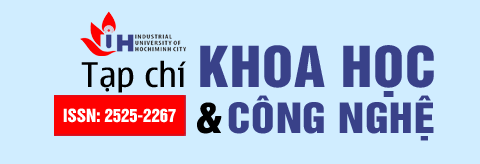HUMAN ALIENATION IN THE AGE OF ARTIFICIAL INTELLIGENCE: PHILOSOPHICAL DIAGNOSIS, EXPLANATORY FRAMEWORKS, AND POLICY ORIENTATIONS FOR VIETNAM
Main Article Content
Abstract
This article examines the phenomenon of human alienation in the era of artificial intelligence through the theoretical lens of Marxist-Leninist philosophy and Ho Chi Minh’s thought, considering it as a process in which individuals lose their capacity for critical thinking, control, and subjectivity in labor, education, and social life. By analyzing specific manifestations in Vietnam and offering dialectical explanations, the article argues that artificial intelligence is both a tool for development and a potential source of alienation if not governed by ethical and legal frameworks. Consequently, the author proposes a system of constructive legislative solutions aimed at safeguarding human dignity, preserving foundational social values in the digital transformation process, and ensuring a sustainable and humane path of development for Vietnam in the new era.

